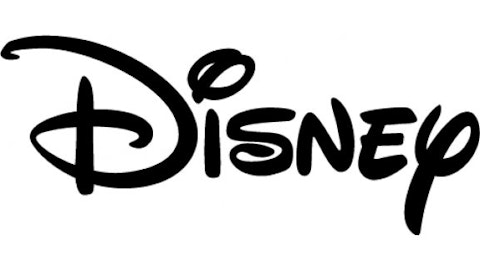
Weak and unprofitable segments
For the fiscal year 2013, the company witnessed a decline of 4% in total revenue. Its EBITDA decreased by 94% from $177 million in 2012 to $10 million in 2013. The company has also suffered operating losses in both 2011 and 2012. Comparable store sales have decreased by 3% during the fiscal year 2012.
A closer look of the segments shows that the retail and Nook segment of the company are performing poorly. With Nook being acquired last year, the segment is not generating profits and the acquisition seems to be counterproductive. EBITDA margin for Nook has declined by 82% to ($475) million in fiscal 2013 from ($262) million in fiscal 2012. Nook has also witnessed operating losses of $286 and $229 million respectively for fiscal 2012 and 2011. Selling and administrative expenses in 2012 totaled 65.2% of sales for the segment; yet, it has not materialized into profit for reasons discussed later in the article.
The retail segment has also suffered a decline in revenue. This is primarily because of the shift of customers from retail outlets to e-books and discount stores. With technological advancement, ease in purchase of books is what the customers want. Even big institutions and governments have shifted to an electronic mode of reading. According to a recent survey, e-book sales have increased by around 42% over the past year. This figure also shows a shift in demand from retail outlets to the electronic mode. Barnes & Noble, Inc. (NYSE:BKS) have 675 bookstores in 50 states, and with declining demand of printed books, the company has planned to close 15 stores a year. The fear is whether Barnes & Noble, Inc. (NYSE:BKS) will be able to pull itself through declining demand, or will it face the same fate as Borders Books.
Weaker strategy
Nook had initially started off well attracting potential investors such as Microsoft and Person. However, the prospective investments have not actualized as the segment is reporting losses. Unable to keep pace with its competitors and undergoing losses, the company has planned to stop making its Nook color touch screen tablets. Barnes has significantly spent in Nook devices to be in line with the changing reading habits and to make the product competitive. However, the company has failed to differentiate its product aggressively enough to attract customers from big names like Amazon and Apple.
Merchandise inventories increased by 13.6% as of April 28, 2012 compared with April 30, 2011. This increase was primarily due to larger inventories of devices and accessories. Increasing inventories over the years reflects inefficiency on the management part and the highly competitive market. It might also result in loss in value of the inventory due to decline in demand of the hardware devices of the Nook. This inefficiency is also evident in the company’s decision to sell its inventory at reduced prices.
Management uncertainty
The sudden announcement of the resignation of William Lynch as the CEO of Barnes & Noble, Inc. (NYSE:BKS) was received as a surprise by investors. This announcement was only two weeks after the company’s quarterly earnings release. William Lynch has played a pivotal role in the development of Nook as a segment, but with his resignation, it is likely that the company is in plans to get out of the loss making digital business.





